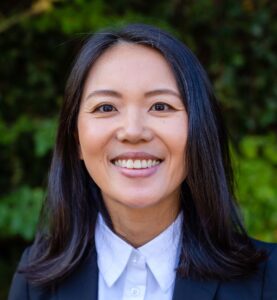East Bay Community Law Center Co-Deputy Director Jay Kim responds to U.S. Supreme Court Decision in Students for Fair Admissions v. Harvard University and Students for Fair Admissions v. University of North Carolina.
On June 29, 2023, the Supreme Court, in a 6-3 ruling, effectively ended affirmative action for people of color. (It should be noted that affirmative action for white people, through practices like legacy admissions, is alive and well.) Naturally, this makes me angry.
As an attorney, I am angry that this Supreme Court has, once again, discarded decades of legal precedent to issue a ruling that further solidifies its right-wing agenda. As a Korean American, I am angry that the nominal gains of East Asians in higher education are conflated with the very different circumstances of Pacific Islander and Southeast Asian communities. As a person of color, I am angry that affirmative action has been framed as a policy that pits Asian Americans against other communities of color despite the policy’s historical origins as one that was fought for through multiracial political struggle. And as woman of color in leadership at a racial justice legal organization, I am especially angry at the legal profession for continuing to avoid the heart of the issue, which is that racism and its inequities are driven by historical and ongoing practices of oppression.
There are ample reasons to be angry. But anger must be catalyzed into motivation. On the one hand, yesterday’s Supreme Court decision amounts to a loss. On the other, it sharpens our imperative to fight for real solutions and real reparations. Part of the flaws of affirmative action is that the legal strategies to protect it weren’t about rectifying slavery or other historical practices and policies that have led to the racial disparities that exist today. Instead, the legal strategies were about promoting ideas of diversity and the common good. This strategy was vulnerable because it didn’t address the real underlying reasons that lead to educational inequity.
For us at the East Bay Community Law Center, yesterday’s Supreme Court decision heightens the importance of our work fighting for reparations for Black communities, actualizing housing as a human right, decriminalizing poverty, and ensuring educational equity for Black and Brown youth. It reminds us to continually place race at the focus of our work and to emphasize the core aspects of systemic racism. To resist the conservative nature of the legal profession and to think more creatively and expansively. To accept and understand that the legal system is structurally flawed and that there are other pathways forward that involve organizing, movement building, and collective struggle. Let’s be angry today but motivated to fight for something much bigger and better tomorrow.
